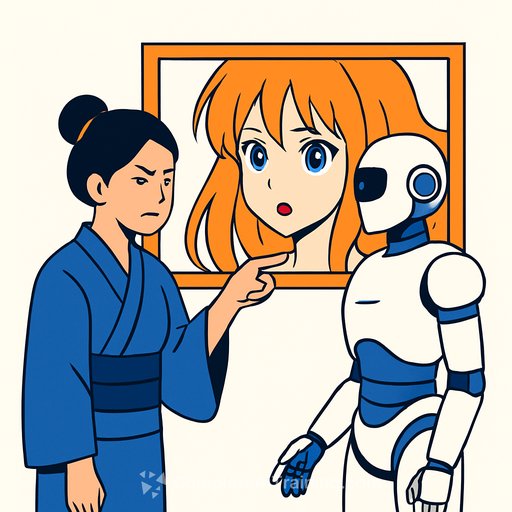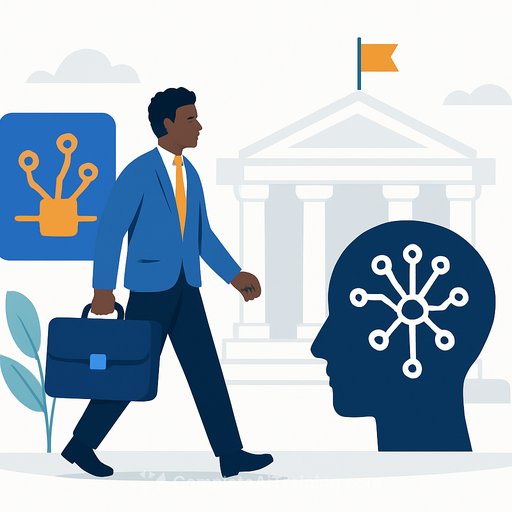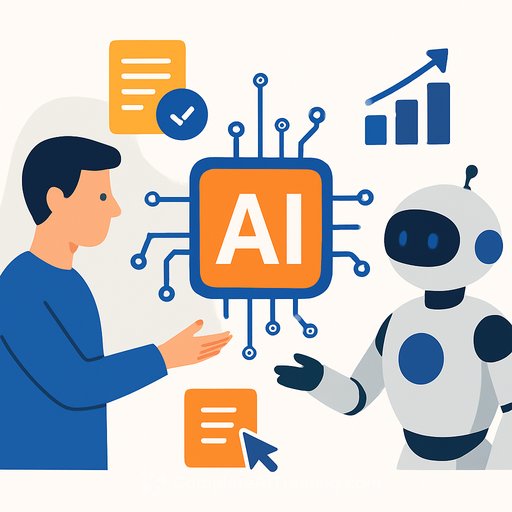Japan formally asks OpenAI to halt infringement of manga and anime: What public officials should do next
Japan's government has formally requested OpenAI stop the use and distribution of AI-generated content that copies Japanese artwork on its social video app Sora. Reports indicate the move follows a surge of user-generated videos featuring copyrighted characters like Mario and Pikachu.
Minoru Kiuchi, who leads Japan's intellectual property strategy and the "Cool Japan" strategy, criticized the company and called manga and anime "irreplaceable treasures." The Cabinet Office has issued a formal request for OpenAI to cease infringing behavior. This comes amid backlash to OpenAI's now-abandoned opt-out policy for copyright holders on Sora.
Why this matters for government
This is not just a platform moderation issue-it's a cultural, economic, and diplomatic one. Protecting national IP and creative industries requires clear rules for AI generation, distribution, and accountability. Cross-border enforcement will hinge on cooperation with foreign regulators and industry.
Key implications for platforms
Expect demands for stricter filters against known characters and studio styles, better provenance signals on AI video, and transparent appeals for rightsholders. Dataset transparency and preemptive style blocking will move from "nice to have" to baseline in regulatory conversations. Companies will be pushed to prove their systems reduce the likelihood of infringing outputs, not just react to takedowns.
Action checklist for policymakers
- Issue guidance that AI services distributing user content must implement proactive filters for protected characters, franchises, and studio styles, with auditable controls.
- Set clear takedown SLAs (e.g., hours, not days) and require retention of prompt/output logs to support investigations.
- Mandate provenance tools for AI video (watermarking or equivalent) and periodic third-party audits of content filters.
- Create a centralized reporting channel for rightsholders and cultural agencies; require platforms to provide case-level status updates.
- Tie public-sector procurement of AI tools to compliance: no contract without IP safeguards, risk assessments, and rapid-response escalation paths.
- Coordinate with competition and consumer protection authorities on misleading use of protected IP in ads or apps.
- Fund legal and technical support for small studios and artists filing claims.
Operational steps for enforcement teams
- Stand up monitoring for Sora and similar apps; test filters using controlled prompts to validate real-world performance.
- Collect evidence packages: prompts, outputs, timestamps, user IDs (where lawful), and platform correspondence.
- Use structured triage: prioritize high-profile franchises, repeat offenders, and monetized content.
- Coordinate with foreign counterparts for cross-border takedowns and data requests.
For cultural agencies and rightsholders
- Maintain an authoritative registry of protected characters, styles, and trademarks that platforms can reference for filtering.
- Standardize claim formats (metadata, reference images, legal basis) to speed up removals and reduce back-and-forth.
- Pursue strategic cases to set precedent where needed; avoid scattered, low-impact filings.
International coordination
Align positions through established bodies and shared standards to reduce enforcement gaps. For background on global IP frameworks and AI, see the World Intellectual Property Organization's resources here. For context on Japan's cultural policy efforts, review the Cabinet Office's Cool Japan initiative here.
What to watch next
OpenAI's response: Will it roll out stronger character/style blocks, expand provenance, and publish filter audit results? Legal action by major studios or agencies. Whether other governments adopt similar positions or push for binding standards across AI video platforms.
Upskilling for public officials
If your team is drafting AI content policy or procurement rules, structured training can accelerate consistent application across agencies. See government-focused learning paths at Complete AI Training.
Bottom line: Treat AI video distribution like any high-risk media channel-clear rules, fast enforcement, verifiable controls, and coordinated oversight. Cultural assets deserve nothing less.
Your membership also unlocks:






